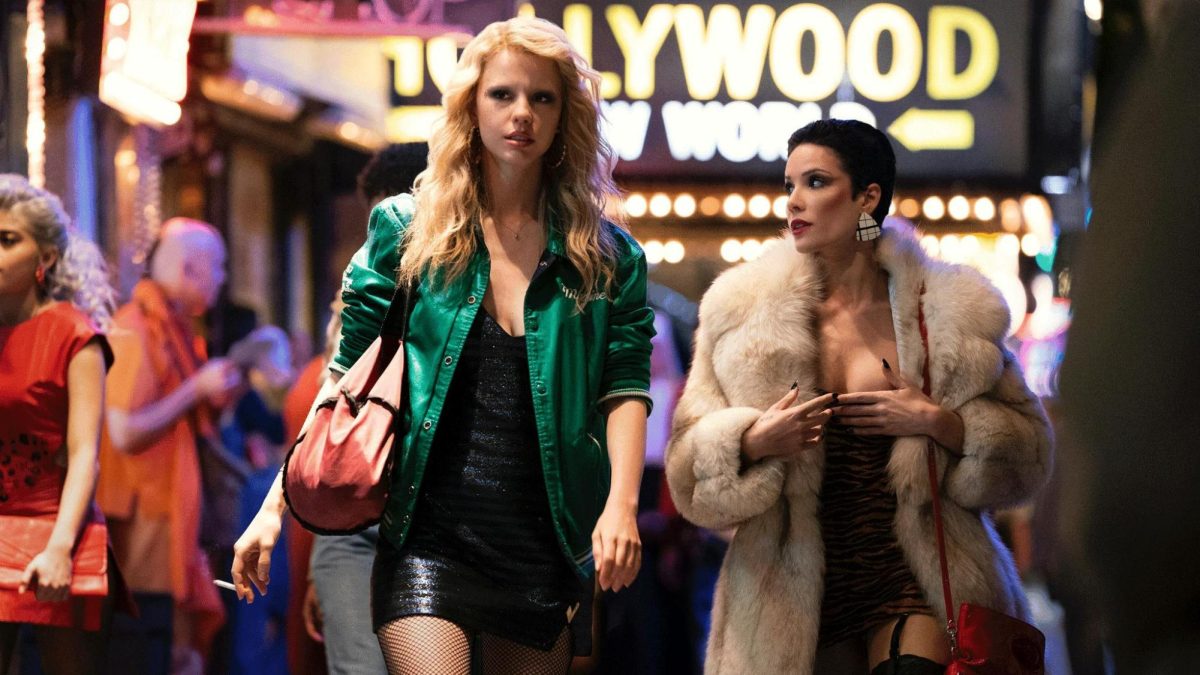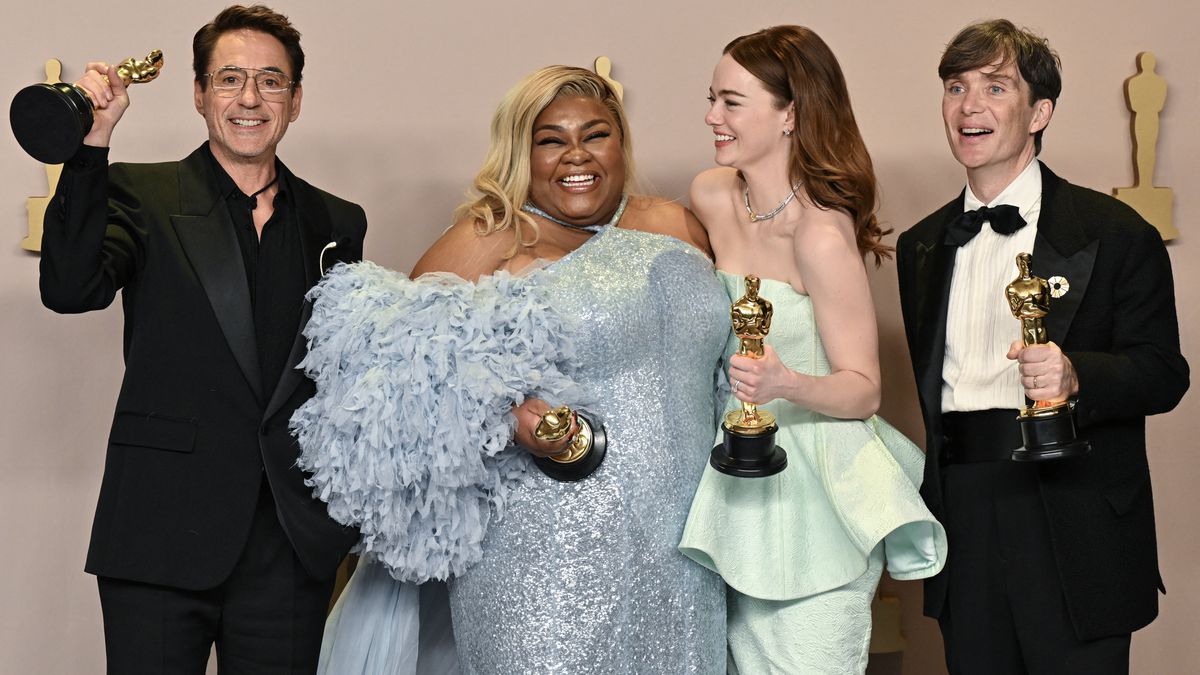
The film is directed by Mark Romanek and the screenplay is by Alex Garland. Carry Mulligan stars as Kathy, the main character and narrator of the story. Keira Knightley and Andrew Garfield play her friends in Ruth and Tommy. The beginning of the film features younger versions of the characters, played by Isobel Meikle-Small, Ella Purnell and Charlie Rowe.
Book-to-movie adaptations are almost inevitably deficient when compared to their original form. Sadly, “Never Let Me Go” is no exception, though it’s disappointing in a way you wouldn’t expect. “Never Let Me Go” falls short, not by failing outright but by coming so close to capturing the essence of the novel. Frustratingly, the film leaves it hanging in the air, never fully expressed.
The problem arises from the decision to focus predominantly on the triangular love relationship between Kathy, Ruth and Tommy. This relationship is certainly the heart of the novel, buts it’s also intended to reveal the characters’ relationships with society at large, not just with themselves. Many of the scenes essential to conveying the former have been altered to reinforce the latter. The film does not benefit from these changes because the love relationship is already a central theme, as it comes across strong enough on its own. As such, these changes only serve to detract from the main idea of the story.
Unfortunately, the problem of confusing themes is made even more acute by what the film does well. The acting is superb, with all three of the principle actors delivering genuinely moving performances. The tragedy and emotion of the novel is kept alive in them. However, the emotion provided by the story has no context because the film does not adequately explain the reasons for it. Unlike the novel, the horrible truth about the predicament of the characters and the society they live in is never pulled into plain sight. It has to be inferred from dialogue, leaving viewers who haven’t read the novel at a significant disadvantage.
This brings up an interesting point about the use of voice-over narration in the film. This device is used sparingly at the beginning and the end, as well as at transitional phases in the story. However, by limiting its usage, the film misses an opportunity to capture Ishiguro’s stylistic prose, as well as the character insight and back story that is so crucial to understanding the full scope of the original novel.
Virtually every aspect of the film falls perfectly into place with the world beautifully imagined and captured on film. The casting and the acting is spot on, but the film falls short in its overall vision. A lot of times this happens in book-to-movie adaptations, simply because it’s unavoidable when shifting between drastically different mediums. But in the case of “Never Let Me Go,” this really didn’t have to happen. It wasn’t even a question of space in the film, and even if it was, the film’s runtime is only 103 minutes. There could have been more scenes added if needed.
The real problem was staying true to the novel when it mattered, at the most crucial points in the story. Unfortunately, it was at those times when the film deviated most. “Never Let Me Go” is certainly an achievement for Mulligan, Knightley and Garfield, whom despite everything give shockingly moving performances. But because of inadequate storytelling, audiences are not equipped to fully understand why the character’s emotions are so powerful.
Andrew Cogan can be reached at [email protected].






